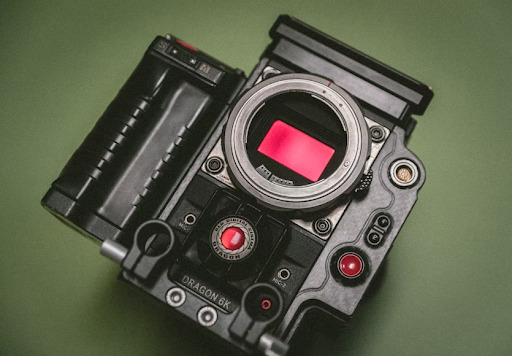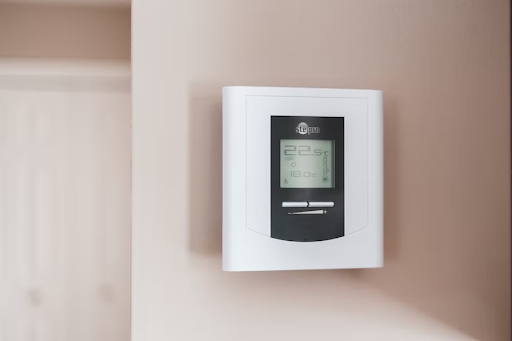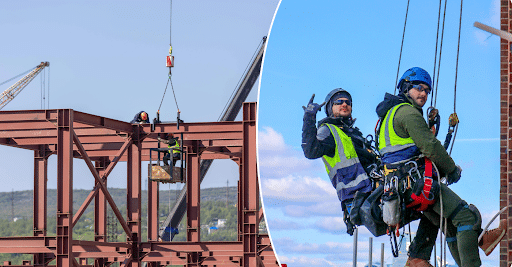When it comes to your industrial equipment, making sure you have the right temperature sensor is crucial. But with so many different types and brands of temperature sensors on the market nowadays, how do you know which one is right for your needs? Here are a few things to keep in mind when shopping for an industrial temperature sensor. So, if you’re ready, let’s get started.
Table of Contents
Define the application
Choosing the right industrial temperature sensor for your equipment is a crucial decision. It’s important to first determine the purpose and scope of your application. Ask yourself these questions: What temperature am I measuring? Am I measuring surface or near-surface temperatures?
Will the environment that my equipment is in have any effect on my choice of temperature sensors? There are so many different types of industrial temperature sensors available, so it’s important to make sure you select the right one for your application. Having a clear understanding of what needs to be measured will help you pick the right sensor and ensure accuracy across your entire workflow.
Consider the environment
Another helpful tip when choosing an industrial temperature sensor is to consider the environment it will be installed in. These sensors can vary greatly and should be selected based on their operational range, materials of construction, and the type of media they will come into contact with.
Different features such as wetted parts or line connections should also be taken into account since some models are designed for corrosive or hazardous environments.
It’s important to find a product that properly fits your application specifications and is durable enough to withstand the conditions present. This could make all the difference in maximizing the sensor’s effectiveness and overall performance over time.
Determine the range and accuracy
Choosing the right temperature sensor for your equipment is essential —it needs to be able to accurately measure and transmit data that is within the range necessary for your application.
Before you decide on a specific model of industrial sensor, take into account the range and accuracy needed since those two characteristics will have a huge impact on the overall performance of it.
It’s also important to think about how often data will need to be measured and sent, since sampling frequency affects both levels of accuracy desired and amount of data points collected.
After gathering this information and researching different models available to make sure they meet your requirements, you’ll be sure to pick an industrial temperature sensor that does the job perfectly.
Select the sensor type
One of the key factors to consider when selecting an industrial temperature sensor is the type of sensor that best meets your equipment’s needs. There are three primary types of sensors – thermocouple, resistance temperature detector (RTD), and thermistor – each possessing unique characteristics.
The right choice depends on various environmental parameters such as size and insulation, the range of temperatures to be measured, accuracy and response time needed for the specific application, and more.
Always consult a professional technician to determine the best fit for your equipment before investing any money in a new sensor.
Choose the installation method
Selecting the appropriate method of installation is of great significance when it comes to installing an industrial temperature sensor for your equipment.
The task can seem daunting, but it doesn’t have to be! First, start by considering the material making up your equipment, as well as environmental and environmental protection considerations. From here, you can determine what type of mounting thread will be appropriate – typically NPT or M20.
Additionally, researching the type of cable connection needed can also help you decide between options such as sensors with rigid stems or flexible capillaries. With all these details gathered, you’ll have an easier time finding the right method to best achieve optimal measurements and functionality in your specific setting.
Evaluate other features
It is also important to evaluate what other features the temperature sensor should possess. It’s important to consider how any additional features could benefit your equipment and if they are actually necessary.
It’s also worth investigating sensors that can handle changes in environmental conditions such as humidity, corrosion, dust, pressure, and vibration which could all negatively affect the accuracy of measurements.
Last but not least, think about the power source needed for the sensor. It needs to be sure that your chosen device runs off of the right amount and type of electricity needed for proper performance. It’s never too early to start evaluating all these options before making a decision that you may regret down the line.
Read reviews before purchase
Our final piece of advice when you’re looking for an industrial temperature sensor is to read reviews. Checking out what other users have to say about the product can make all the difference in making a successful purchase.
Reading evaluations and customer feedback will help you make an educated decision on whether a given sensor will meet your needs and exceed your expectations. At the end of the day, doing your due diligence through research is key to ensuring your industrial temperature sensing project’s success!
Selecting the right industrial temperature sensor is an important decision, as it ensures that your equipment will be working properly and potentially increase the performance of your facility.
While the task may seem overwhelming due to the number of options available, use this workflow process to ensure that you choose an appropriate temperature sensor for your needs. Start by selecting the sensor type, then move on to consider the installation method as it can influence your decision.
Take the time to evaluate each parameter and consider reviews from other customers, a lot can be learned in terms of product quality and how it handles different environmental extreme temperatures.
By keeping these factors in mind while you shop, you’ll find just the right industrial temperature sensor for your equipment. Hopefully, this guide has given you a better understanding of what to look for in an industrial temperature sensor and how to make an informed decision. Good luck!






